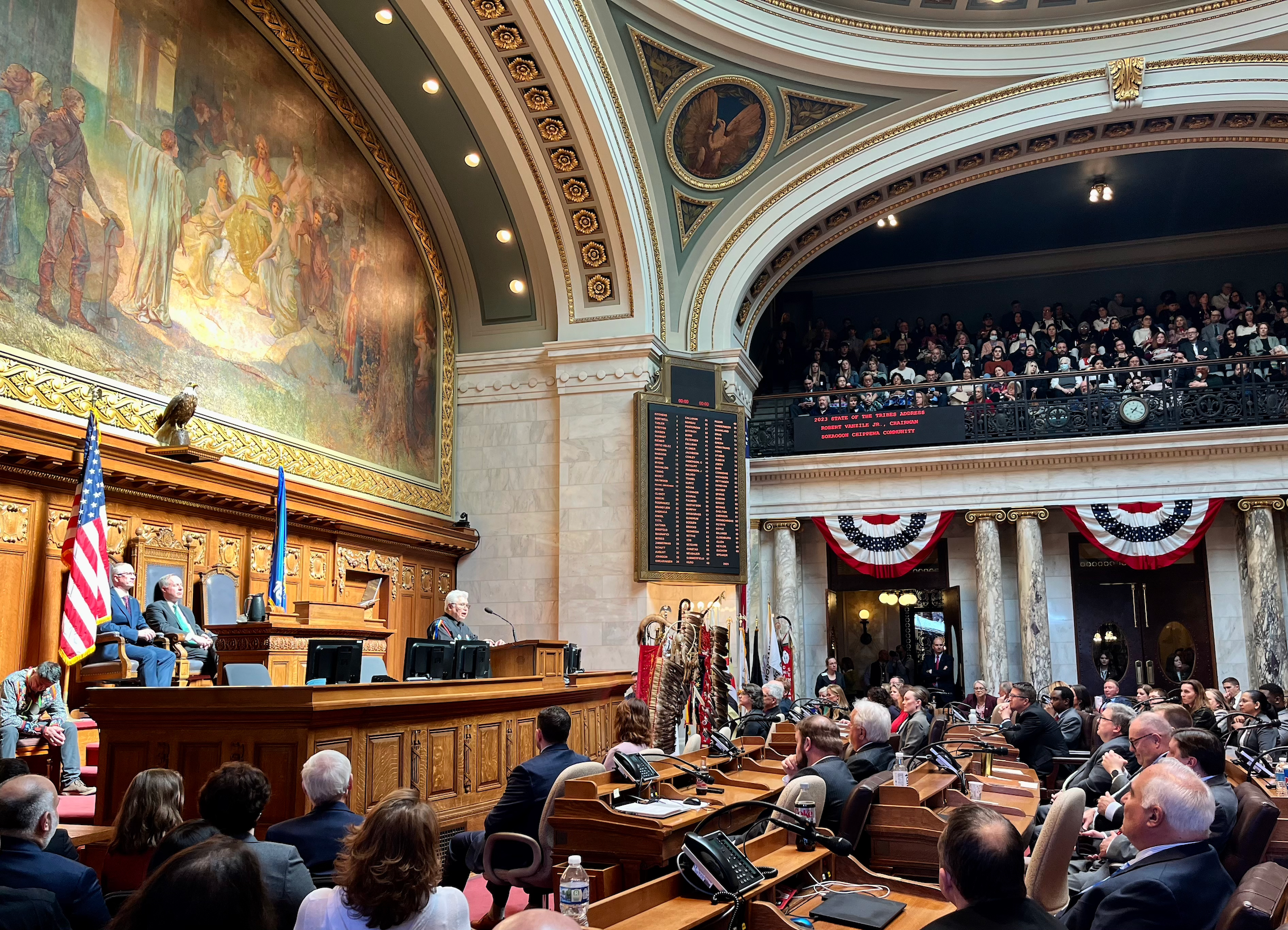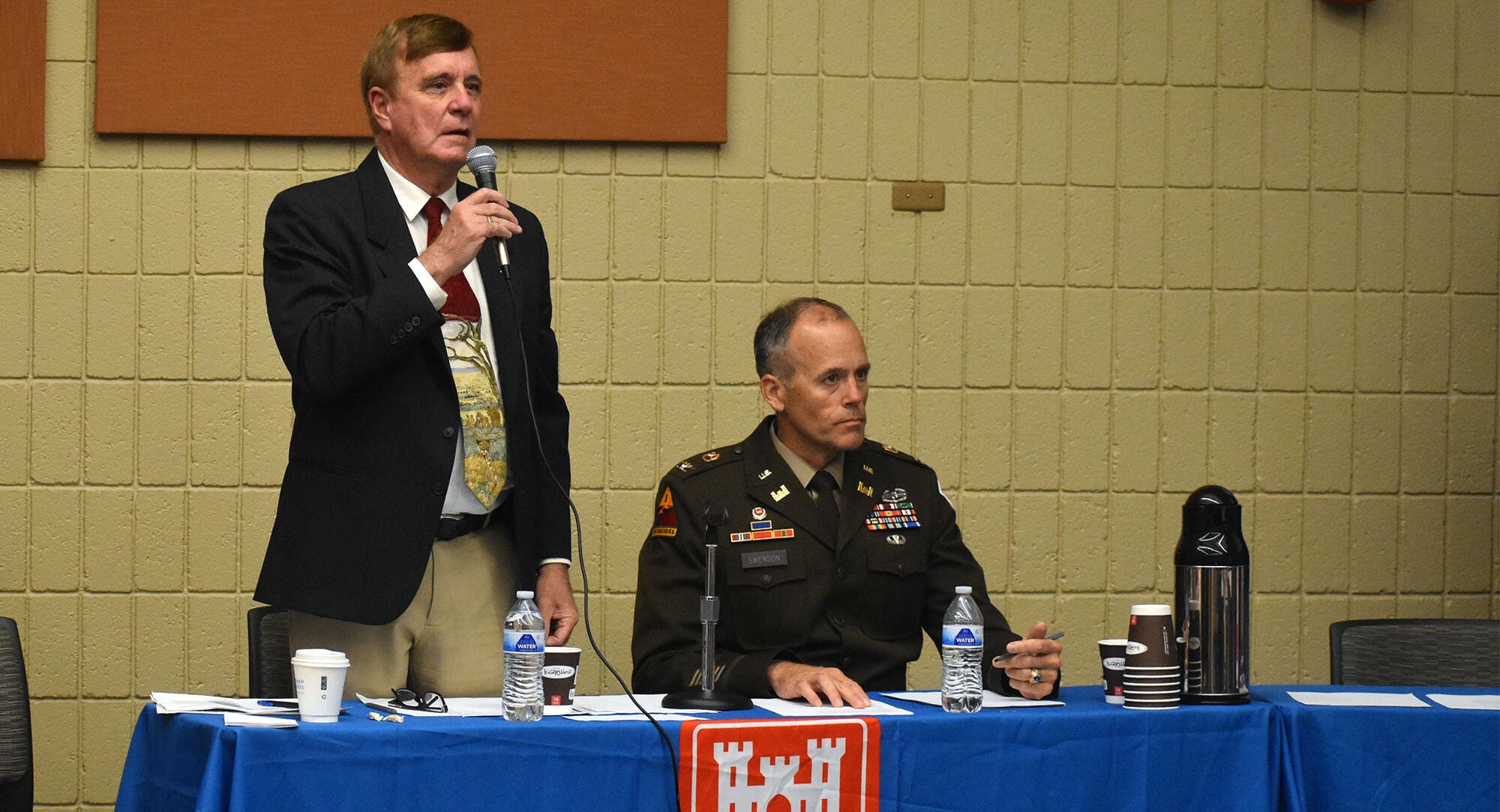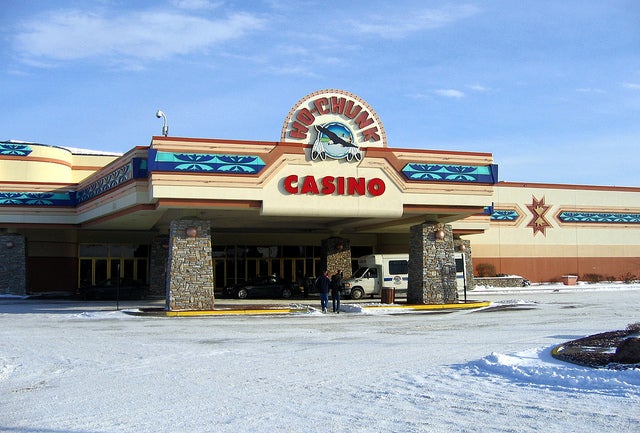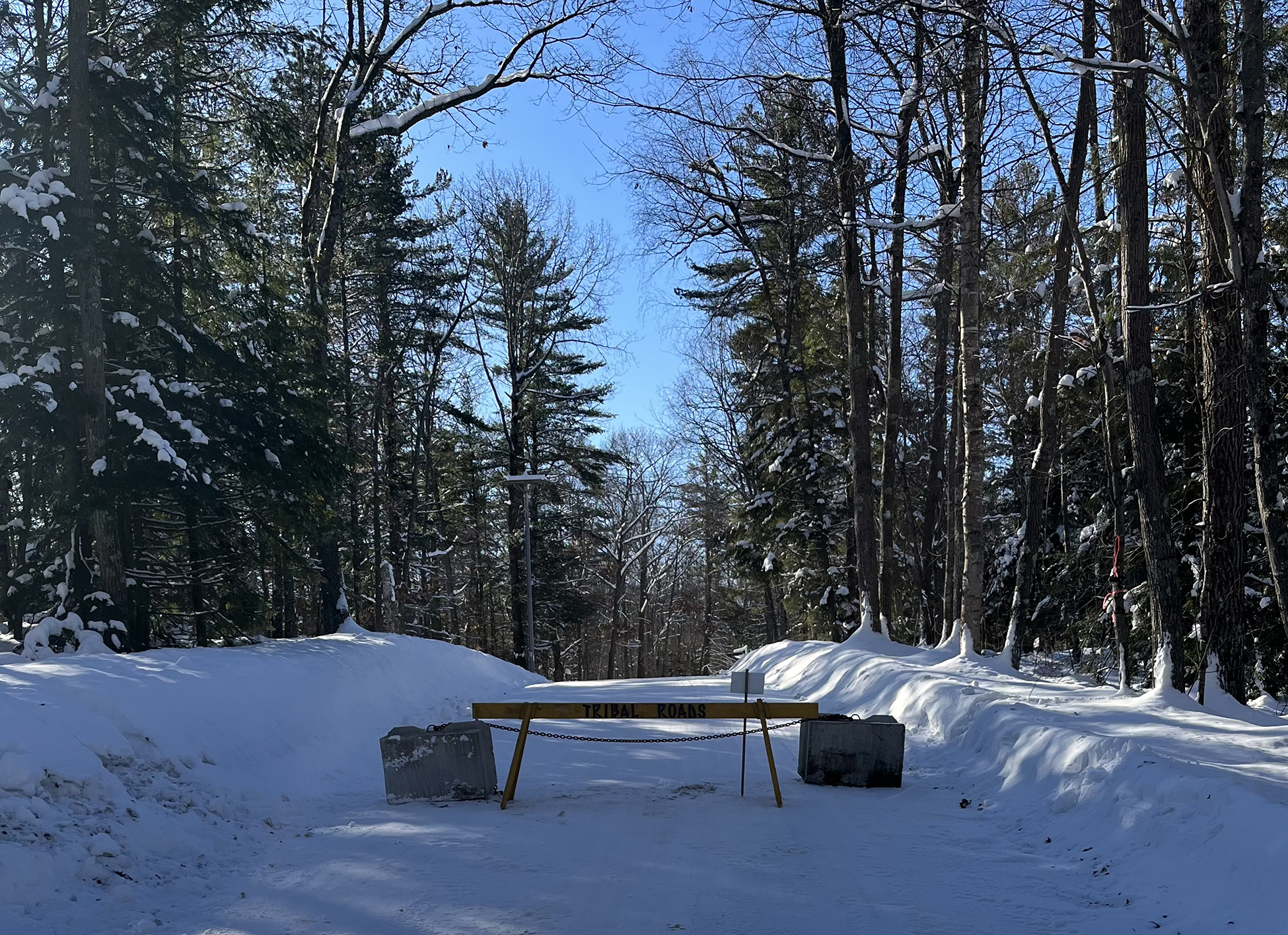The leader of the Sokaogon Chippewa Community called on state lawmakers Tuesday to work with tribal leaders as they craft their budget this year.
Robert VanZile, Jr., the featured speaker at the 19th annual State of the Tribes Address, also called on state leaders to improve rural health care, fight Wisconsin’s opioid crisis, address PFAS contamination in Wisconsin waterways, and to conduct an environmental impact study on — or perhaps disallow entirely — an oil and gas pipeline in northern Wisconsin.
“Every budget cycle, there is an opportunity for local county and state and tribal governments to collaborate on critical services and investments to bring greater efficiency and effectiveness in the delivery of those services,” VanZile said. “I would encourage everyone with state budget responsibilities to continue to work with the tribes.”
News with a little more humanity
WPR’s “Wisconsin Today” newsletter keeps you connected to the state you love without feeling overwhelmed. No paywall. No agenda. No corporate filter.
VanZile called on state leaders to help combat Wisconsin’s opioid crisis, asking for a commensurate state investment in recovery from and prevention of substance abuse in Native communities.
According to the Wisconsin Department of Health Services, Wisconsin’s tribal nations have the highest overdose rate of any population. VanZile also called for increased law enforcement and court support to address opioid sales and use.
And he hinted at a need to expand Medicaid when he asked for state leaders to support tribal leaders in accessing health care promised to them by the federal government in exchange for tribal land.
“Based on the promise made by the federal government, tribal people should all qualify for Medicaid,” he said. “Since Wisconsin Medicaid is jointly funded by the federal government and the state, it seems there is an opportunity for states to join tribes in making the case to the federal government that it has not delivered on its promise of healthcare for tribal members.”
A substantial portion of VanZile’s speech focused on environmental issues, which he said underpin every aspect of life in Wisconsin. He called for support in cleaning up waterways of forever chemicals like PFAS, and said that Wisconsin has a strong history of collaboration between state agencies and tribal governments when it comes to protecting the environment.
“Without a healthy environment — much like a healthy body — everything else is meaningless,” he said.
He also called for, at the least, an environment impact study of the Line 5 oil and gas pipeline, which runs through northern Wisconsin. The Bad River Band of Lake Superior Chippewa has sued Enbridge Inc., the Canadian energy firm behind the pipeline, in federal court. VanZile suggested the state consider shutting down the pipeline, too.
“We would encourage the state to consider the environmental impact of a pipeline that did not exist. In other words, what if we disallowed the pipeline altogether?” he said.
VanZile referred to the use of tribal imagery in school names and mascots as a “black cloud” hanging over all Indigenous people. He said that tribes recognize there is a cost to school districts and proposed putting tribal gaming proceeds towards supporting such changes.
“There may be other reasons why a school might not want to make those changes, but at the very least, let’s remove cost hurdles to create a more inclusive, less offensive environment for all children to learn,” he said.
The State of the Tribes address began in 2005 to highlight priorities of the Great Lakes Inter-Tribal Council, which represents the eleven recognized tribes of Wisconsin. Leaders from each tribe were present at the Capitol on Tuesday. Gov. Tony Evers was also present.
Wisconsin Public Radio, © Copyright 2025, Board of Regents of the University of Wisconsin System and Wisconsin Educational Communications Board.







